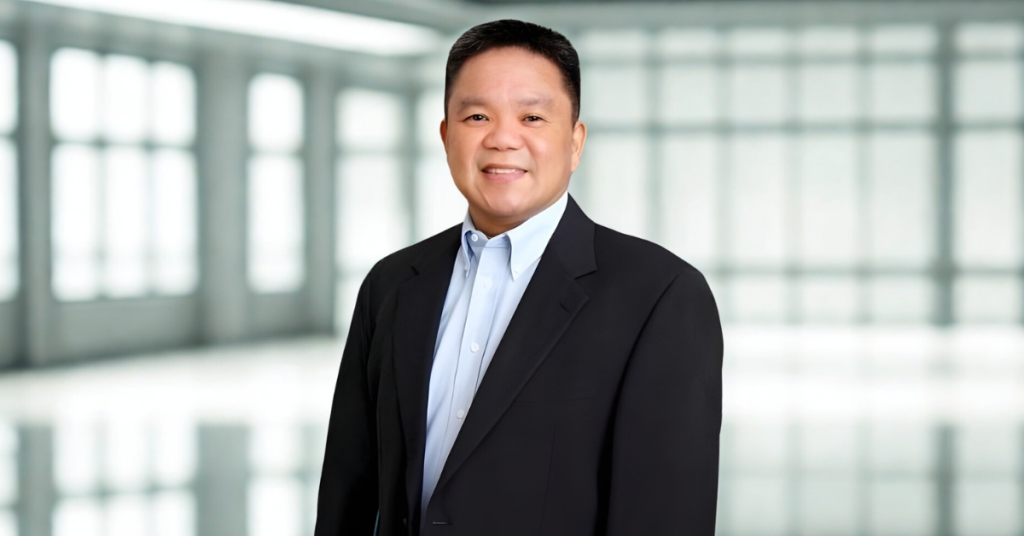For more than 30 years, Joffre Enrico Dominguez built a career in finance and accounting—working hard, climbing the ladder, and providing for his family.
But one day, while working in the U.S., the unthinkable happened: he was laid off.
“I suddenly found myself jobless in a foreign country, with a family to support,” Dominguez told Financial Adviser PH. “The anxiety was real. I had to ask—how are we going to eat next week?”
What got him through wasn’t a big investment portfolio or a fancy financial product. It was something far simpler—and far more powerful.
“The lessons I’ve learned when I was a kid about saving… that saved us.”
Why an emergency fund isn’t optional—it’s essential
Long before he became a Registered Financial Planner, Dominguez was just a young boy with a piggy bank and a passbook. His parents made it a point to teach him how to handle money, starting with basic saving habits.
“They gave me a piggy bank I could open and add to—not break,” he recalled. “Then they opened a bank account for me. That made me feel responsible.”
Those early habits laid the foundation for what would become his emergency cushion decades later. When the job loss hit, Dominguez didn’t panic—he adjusted. “We weren’t rich, but we were prepared.”
Job loss can happen to anyone. Planning is the only defense.
The layoff didn’t just impact Dominguez financially. It affected him emotionally, too. “Losing your job is more than losing income—it shakes your identity,” he said in his interview with Financial Adviser PH.
But because he had a savings buffer, he had room to breathe, think, and recalibrate. “I wasn’t scrambling on Day 1. That gave me time to make better decisions.”
His biggest realization? You don’t start preparing when the crisis hits. You prepare long before.
Why he teaches preparation before products
Now a financial literacy advocate, Dominguez often speaks to underserved communities, military personnel, and working-class Filipinos. His message is consistent: Before you invest in insurance, crypto, or stocks, build your savings foundation.
“People always ask, ‘Sir, okay ba ang crypto?’ I ask them—do you even have an emergency fund?”
For Dominguez, resilience isn’t built through financial shortcuts or trends. It’s built through small, disciplined actions taken consistently over time.
His 3 personal rules for financial resilience
Here’s what Dominguez shares with those just starting their financial journey:
Start small, but start now
“Even ₱50 a week matters. It’s about the habit, not the amount.”
Build a buffer before taking risks
“Don’t jump into investments if you don’t have a backup.”
Treat saving as a responsibility, not an option
“It’s not just for you. It’s for your family’s peace of mind.”
“Preparedness gives you power—even when life hits hard.”
When asked by Financial Adviser PH what advice he’d give to anyone fearing job loss or instability, Dominguez didn’t hesitate.
“Don’t wait for a crisis to realize the value of saving. Build your emergency fund now—before you need it. Because when the worst happens, it won’t just protect your wallet. It protects your family.”
![]()



